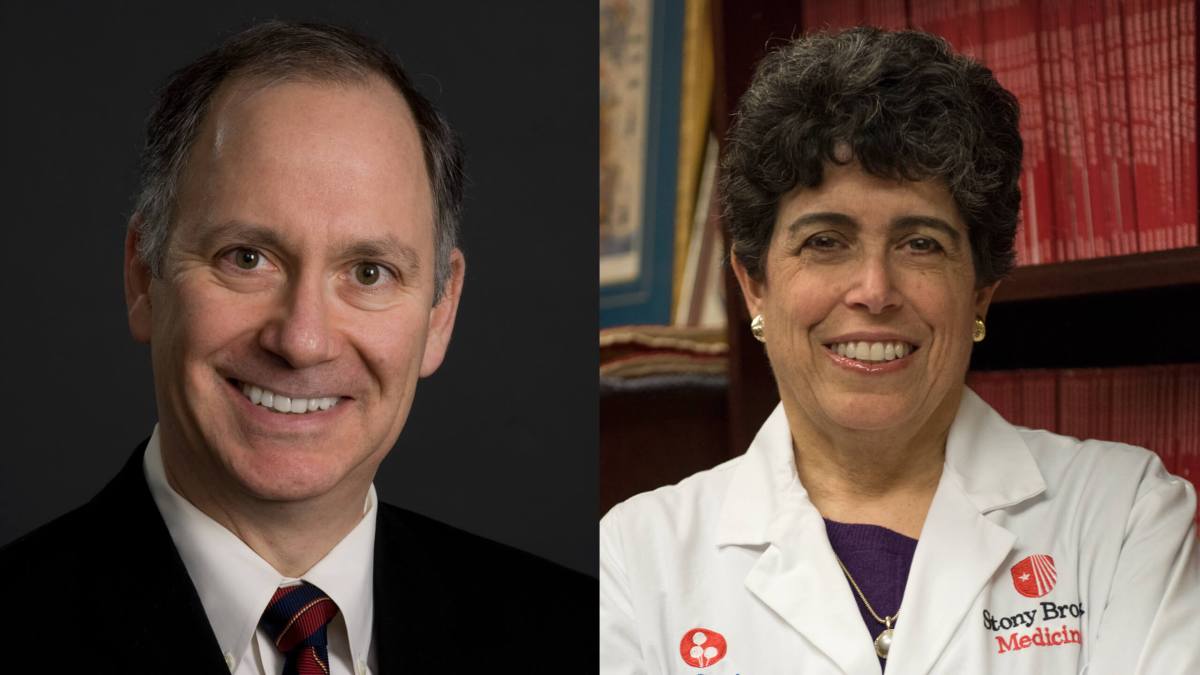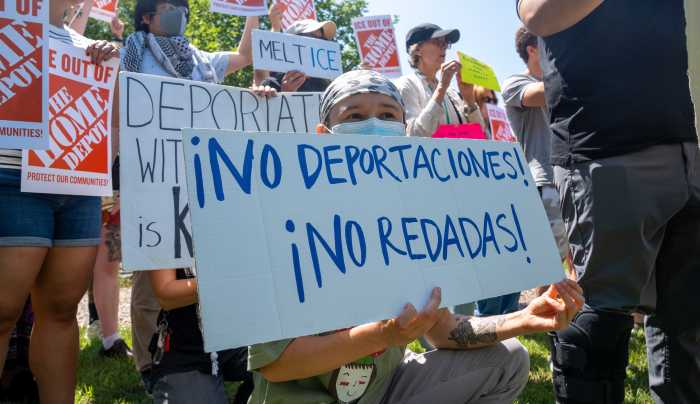Cases of Covid-19 rebound have been in the news in recent months. Dr. Anthony Fauci, director of the National Institute of Allergy and Infectious Diseases, announced in June that he experienced a recurrence of Covid-19 symptoms shortly after recovering from the virus. In May, Covid-19 forced late-night talk show hosts Jimmy Kimmel and Stephen Colbert to cancel TV appearances about a week after each of them had returned after an earlier bout with the virus.
According to the Centers for Disease Control, Covid-19 rebound has been reported to occur in some individuals between two and eight days after initial recovery from the virus, and it is characterized by a recurrence of Covid-19 symptoms or a new positive viral test after having tested negative.
As in Dr. Fauci’s case, many rebound reports have been associated with the antiviral drug Paxlovid, an early-stage treatment for mild to moderate Covid-19 that is recommended for people who are at risk for progression to severe disease. When he first came down with Covid-19 symptoms, Dr. Fauci, 81, said he was given a five-day course of Paxlovid because of his advanced age. His original symptoms were mild, and he recovered quickly. But after testing negative for three days in a row, he said he tested positive again and experienced a recurrence of symptoms that he described as “much worse than the first go-round.” He was treated with a second course of Paxlovid and has since recovered.
Covid-19 rebound was noted in 1% to 2% of participants in Paxlovid clinical trials, but the recurrence happened in both patients taking the drug and those taking a placebo, leading the CDC to conclude, “A brief return of symptoms may be part of the natural history of SARS-CoV-2 infection in some people, independent of treatment with Paxlovid and regardless of vaccination status.”
Based on anecdotal evidence, the percentage of Paxlovid patients experiencing rebound appears to be somewhat higher than what occurred in the clinical trials, according to Dr. Bruce Hirsch, an infectious disease specialist with Northwell Health’s Feinstein Institutes for Medical Research.
But the good news is that Covid-19 rebound, whether after taking Paxlovid or not, has not been associated with severe symptoms, and Paxlovid continues to be recommended for early-stage treatment of Covid-19 in high-risk patients.
However, when someone has a recurrence of Covid-19, they need to follow the same isolation protocols that they did the first time around.
“What happens is these individuals are compelled to isolate again for at least five days, and they are often very disappointed,” Dr. Hirsch said. “They thought they were done.”
Patients must isolate for five full days after the onset of symptoms. If they have no fever for 24 hours without fever-reducing medication and their other symptoms are improving, they can come out of isolation after five days, but they should wear a high-quality mask around others through day 10.
Covid-19 rebound is very rare in children, according to Dr. Sharon Nachman, chief of the Division of Pediatric Infectious Diseases at Stony Brook Children’s Hospital.
When Covid-19 recurs in the same individual within a couple of weeks, it is “highly unlikely” that it resulted from a new infection, according to Dr. Hirsch.
But as the Omicron variant BA.5 continues to spread and become dominant in the New York area, it is likely that many people who had Covid-19 a few months ago will become reinfected.
“Though milder than earlier versions of Covid-19, the BA.5 is adept at evading immunity, and as time goes by since your last vaccine or your last infection, some of the immunity wanes and many people will be vulnerable,” Dr. Hirsch said.
The virus has found “a perfect host” in humans, according to Dr. Nachman.
“BA.5 is causing new infections, even for people who previously had Omicron,” she said.
As with earlier stages of the virus, the best protection against BA.5 is getting fully vaccinated and boosted, as well as masking where appropriate. Currently, a second booster shot is only available to adults age 50 and older as well as immunocompromised individuals age 12 and older. However, as positive cases rise around the country with the spread of the BA.5 variant, the federal government is currently considering expanding eligibility for a second booster shot.































